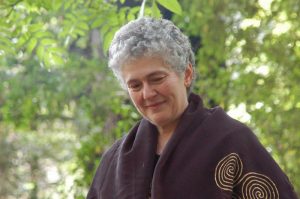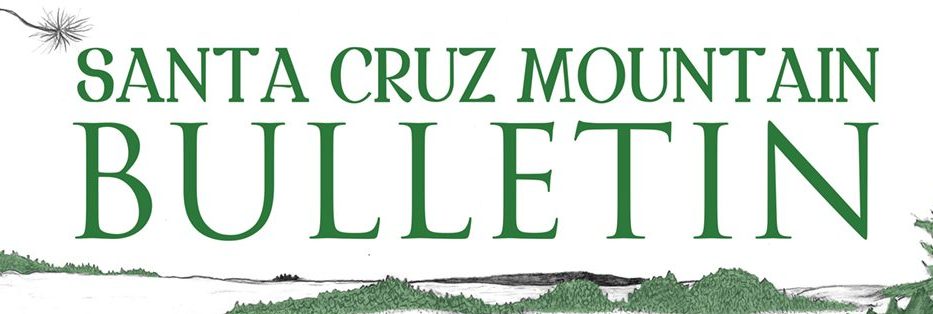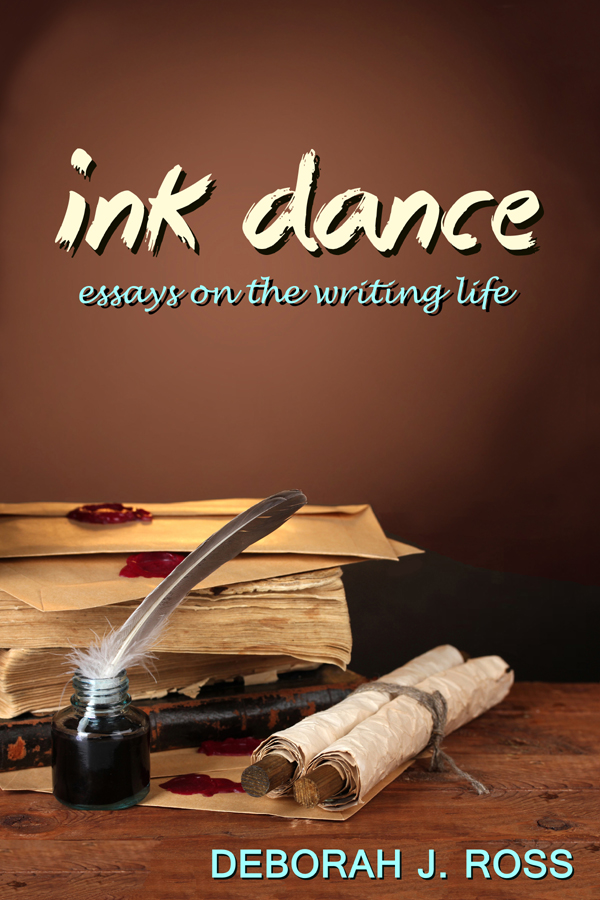By Deborah J. Ross
 Writing your first story is a daunting endeavor, fundamentally different from other creative endeavors. I’ve never assumed that because I’ve seen an oil painting, I should automatically know how to paint one, or because I’ve heard a symphony, I can dash one off of my own. Yet we carry the expectation that we already know how to write a story.
Writing your first story is a daunting endeavor, fundamentally different from other creative endeavors. I’ve never assumed that because I’ve seen an oil painting, I should automatically know how to paint one, or because I’ve heard a symphony, I can dash one off of my own. Yet we carry the expectation that we already know how to write a story.
After all, we’re taught to “write” in school, so by the time we decide to put our own stories down on paper, we’ve had years of practice, or so we have been led to believe. We’ve written on such stimulating topics as “What I Did for My Summer Vacation,” not to mention book reports, history reports, science reports, essays on current events, and so forth. How hard can it be to write a story?
Once we’ve got that question engraved in our minds, we fall prey to a number of fallacies. One is that we ought to be able to write a story without learning how. If it’s easy, then anyone can do it, and if we have difficulty, there must be something seriously wrong with us.
Second, and more crippling, is that we compare attempting to write a story with the finished products we read. Or, worse yet, with our memory of those finished products. It’s been pointed out that “derivative” or “copycat” fiction (as an example, all the riffs on The Lord of the Rings) feels flat and gray because we can consciously recall only a portion of what’s in the original. The rest contributes to the vitality of the work, but doesn’t stick in that part of our memory that allows us to reproduce what we read. So we try to create a story based on the fragmented, incomplete, and biased memory of a work that has been through the editorial and publishing process. This is a recipe for frustration and failure.
Instead, a more helpful approach might be to first acknowledge that we don’t know how we’re going to go about making this story. We need to learn some stuff, and we need to experiment and see what works and what doesn’t. We need to find out how we write, as distinct from how anyone else writes. We also need to know what we want to achieve, which is a fancy way of clarifying what it is we love when we read stories by other people, and what we love about our own story ideas.
This leads us to another crucial concept, which is that effective storytelling is not the same thing as transcribing that amazing movie showing inside our own skulls onto paper. It’s evoking a similar (but not necessarily identical) experience in the mind of the reader. That’s how we get to where we want to go.
Now we’re ready to ask, what skills do I need? How do the writers I love do this? How will I know when I’m on track? We’ve become teachable, if only by our own experience. We’re on our way.
Deborah J. Ross is an award-nominated writer and editor of fantasy and science fiction, with over a dozen novels and five dozen short stories in print. Recent books include Thunderlord and The Children of Kings (with Marion Zimmer Bradley); Collaborators (as Deborah Wheeler), and The Seven-Petaled Shield epic fantasy trilogy. Her short fiction has appeared in F & SF, Asimov’s, and Star Wars: Tales from Jabba’s Palace, and has earned Honorable Mention in Year’s Best SF. She has served as Secretary to the Science Fiction Fantasy Writers of America (SFWA), the Board of Directors of Book View Café, and the jury for the Philip K. Dick Award. When she’s not writing, she knits for charity, plays classical piano, and studies yoga. Blog: http://deborahjross.com/

